Trump, Imran to tackle hot-button issues in New York today
IOK, Afghan endgame to dominate discussions at the summit
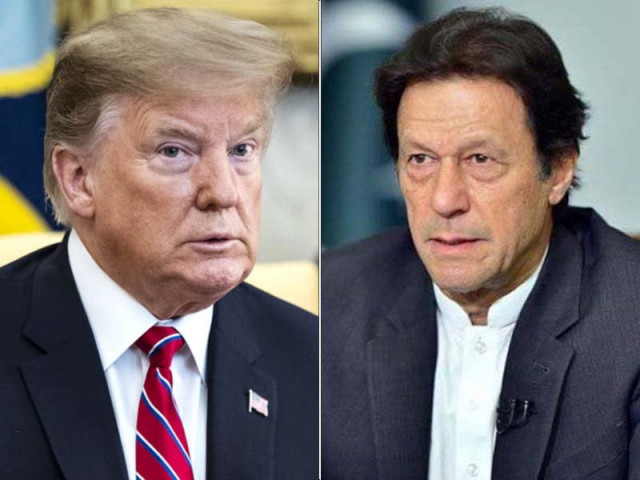
PHOTOS: FILE
This will be the second meeting between the two leaders in two months. The two leaders had met at the White House in July when Imran paid maiden visit to Washington as prime minister.
That meeting, contrary to the expectations, went quite well as Trump not only acknowledged Pakistan’s role in advancing peace talks in Afghanistan, but also offered to mediate between Pakistan and India over the Kashmir dispute.
But much has changed since. The Afghan peace process was abruptly collapsed after Trump pulled out of the almost done peace deal with the Taliban.
PM Imran in US on 'mission Kashmir'
Also, tensions between Pakistan and India have further deepened in the wake of New Delhi’s move to strip the disputed Kashmir region of its special status.
Against the backdrop of these developments, the meeting between Trump and Imran is seen as significant.
A senior Foreign Office official told The Express Tribune that the prime minister would brief the US president about the current situation in occupied Kashmir, particularly the humanitarian crisis unfolding in the valley due to curfew and other restrictions imposed by India.
The official said while Pakistan was raising the issue at all international forums, there was a feeling that the US alone could play a decisive role in persuading India to ease restrictions in occupied Kashmir.
Imran, Khalilzad discuss Afghan peace in New York
But will Trump play that role given the fact that he joined Prime Minister Narendra Modi to attend Indian American public gathering at Houston?
He declared Modi a "great friend and leader".
Observers believe that Trump sharing the stage with Modi doesn't necessarily mean that it dilutes the importance of Pakistan and, that too, at a time when the US desperately needs a safe exit from Afghanistan.
There is expectation in the Pakistani camp that Trump despite expressing affection to Modi in public will privately tell the Indian prime minister to lift curfew in occupied Kashmir and engage in talks with Pakistan.
But there is a word of caution too.
With Kashmir in focus, PM heads to UN
"We should work hard, inject some verve into our diplomacy but keep our expectations low," commented former ambassador to India Abdul Basit ahead of the Trump-Imran summit.
He was also sceptical if Trump had the capacity to play a helpful role on the Kashmir dispute.
“The maximum he can do is to press India for a dialogue with Pakistan,” he said and added, “We must not rise to the bait as open-ended bilateral talks would take us nowhere.”
“On the contrary, it would further erode our Kashmir diplomacy,” he contended.
Afghanistan would also figure prominently during the Monday's meeting. Ahead of the summit, US chief negotiator Zalmay Khalilzad met Prime Minister Imran on Sunday.
The peace process came to a halt after Trump cancelled unprecedented meeting with the Taliban leadership at Camp David, citing killing of an American soldier in one of the recent attacks claimed by the insurgents.
Since the collapse of peace process, there has been a spike in violence in which scores of people have been killed in Afghanistan.
But Pakistan is still pushing for bringing the talks process back on track, as it believes lingering war in Afghanistan can only end through a political process.
"Trump does want some agreement on Afghanistan. He may ask our prime minister to push the Taliban to agree to a ceasefire and let the presidential elections take place, accept the results and then start intra-Afghan reconciliation process," said Ambassador Basit.

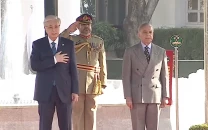
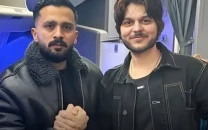

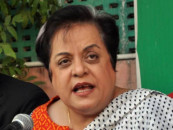
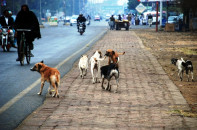
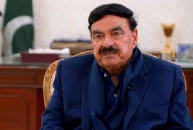












COMMENTS
Comments are moderated and generally will be posted if they are on-topic and not abusive.
For more information, please see our Comments FAQ